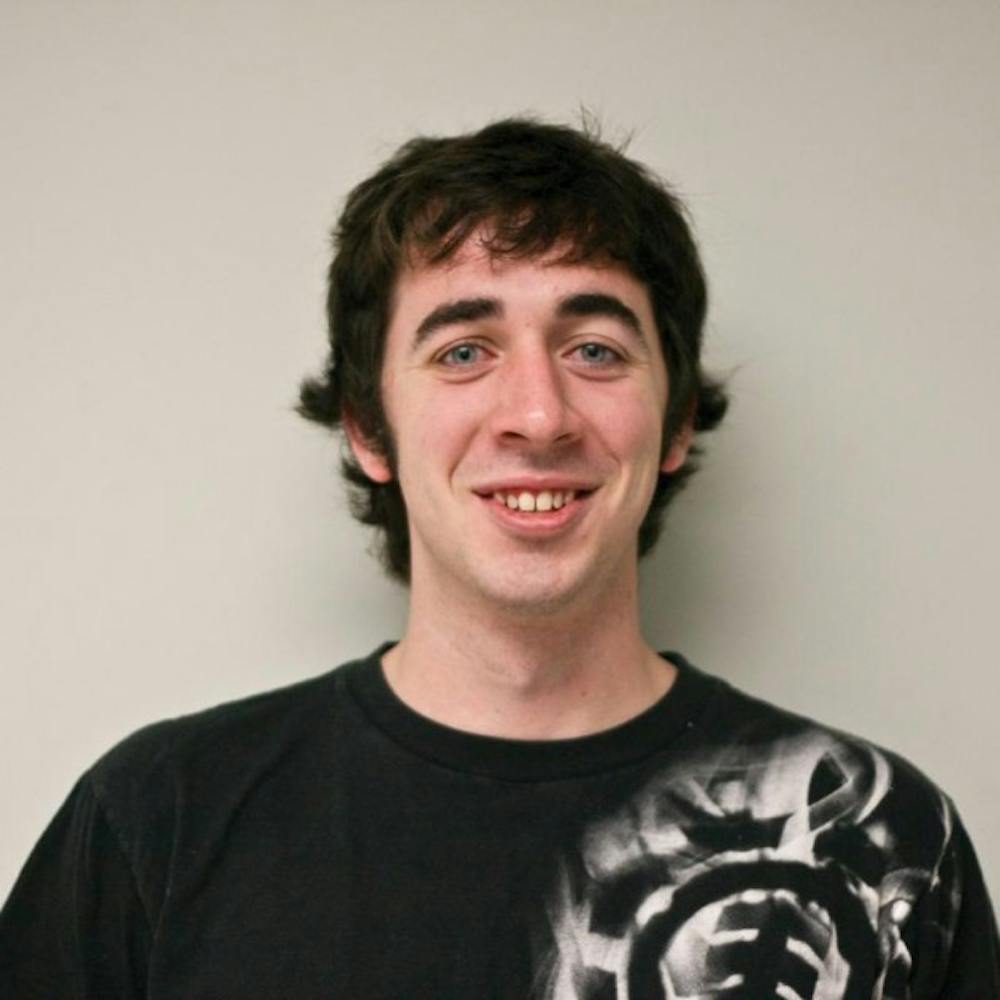President Tripathi may have violated SUNY policy when he accepted a seat on the Buffalo Niagara Partnership's board of directors and $265,000 in private salary from the UB Foundation and SUNY Research Foundation.
SUNY regulations stipulate that university presidents can't sit on not-for-profit boards of directors or accept private income over $4,000 without approval from the New York State Commission on Public Integrity.
UB officials on Tuesday couldn't tell me whether Tripathi received that approval.
Like John Simpson before him, Tripathi serves on the board of directors for the Buffalo Niagara Partnership (BNP) because he is UB's president. BNP is the not-for-profit local chamber of commerce.
If you've been following The Spectrum, you know that UB's faculty union demanded that the university cut its nominal and financial ($47,994 per year) ties to BNP because it engages in political lobbying, fundraising, and endorsement of candidates (UB didn't listen).
The New York State Commission on Public Integrity was replaced in August by the New York State Joint Commission on Public Ethics (JCOPE). I asked JCOPE if Tripathi had received the commission's approval to serve on BNP and collect a six-figure private salary, as SUNY regulations stipulate he should have.
"Executive Law §94 explicitly exempts the Commission from the Freedom of Information Law…Accordingly, the Commission cannot respond to your information request," said JCOPE's Theresa Schillaci in an email.
Wait a second. The Joint Commission on Public Ethics, formerly known as the Commission on Public Integrity, isn't subject to the Freedom of Information Law? The law that is supposed to help enforce the integrity of public officials and hold them to a high ethical standard?
Is that not a blatant contradiction?
We'll leave that question for another day. Back to Tripathi.
Stymied by JCOPE, I took the question to university spokesman John Della Contrada, who I'd already asked a few days earlier, a little before 2 p.m. Tuesday. I cited the specific part of the SUNY regulations that require JCOPE approval for university presidents to sit on boards of directors and collect over $4,000 in private income. It's in "Summary of Presidential Compensation, Benefits And Other Terms of Employment," available on SUNY's website.
Della Contrada couldn't get me an answer by the end of the day. Now, from the conversations we had, I believe he made an honest attempt at getting the information. He even went so far as to visit The Spectrum's office on his way out, explaining that he hoped to have the answers on Wednesday. He's never done something like that before, at least while I've been here.
But shouldn't something as simple as whether Tripathi did or did not receive required approval from a state commission be rather easy to find out?
Della Contrada said Director of Employee Relations Jeff Reed was working on finding the answer. I didn't speak to him, but I spoke to an employee of his, Records Access Officer Brian Hines, who handles all of the university's Freedom of Information Law requests. And he said he had no idea how he could find out the answer to my question.
People will likely say I'm stirring up trouble. I'd like to think I'm looking for the trouble that's already been stirred up, if there is any. Of course, if we find out that Tripathi did indeed receive the approval he needed, we will surely print it.
But I have to ask:
If the people at JCOPE did indeed give Tripathi the approval he needed, why would they hide behind their shady exemption from the Freedom of Information Law?
And if Tripathi had gotten his approval, wouldn't someone in the administration be able to quickly produce proof, or at least say something like, "Yes, he's gotten the approval?"
Hopefully, I'll be able to tell you on Friday.
Email: luke.hammill@ubspectrum.com




